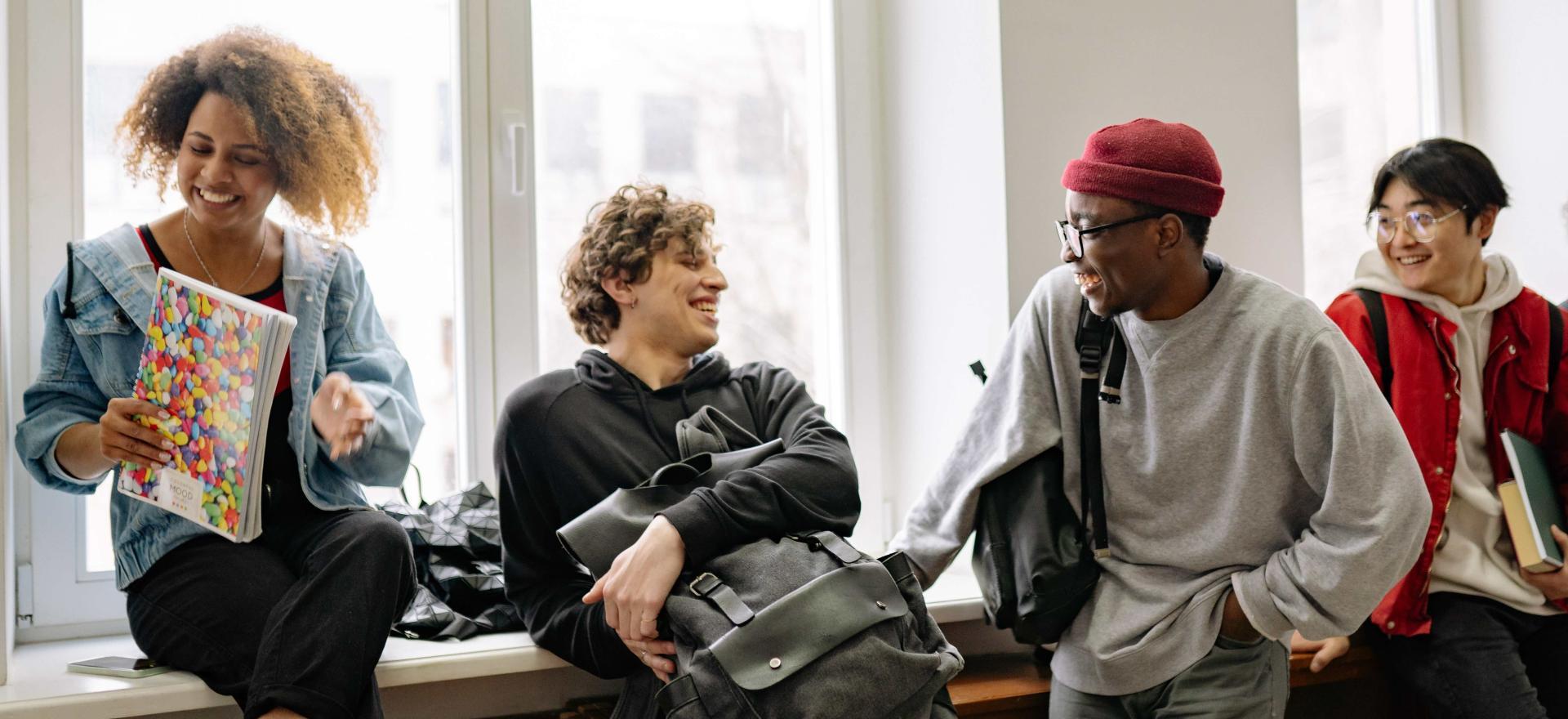
START PROGRAM OVERVIEW
The Social Tools And Rules for Teens (START Program) is a no-cost 10-week immersive socialization intervention for adolescents with autism. It focuses on improving social motivation, insight, and skills using a club-like environment that emphasizes learning through social experience and interactive lessons.
Read our pilot article on the START Program in the Journal of Autism and Developmental Disorders
Geared for ages 12-17, the START Program focuses on experience-based learning in an engaging social club environment with snacks, group games and activities, high school and college-aged peer mentors, and both group and individualized social skill targets.
Each 90-minute session features:
- Individual check-in sessions
- Free socialization time to work on individual skill targets
- Topic discussions with role-plays, videos, and practice
- Structured group activities to work on communication and teamwork
- Check-out session with parents to give feedback and set weekly goals.
SOCIAL READINESS MODEL
The START Program was designed to target Social Readiness in individuals with ASD. Social Readiness is comprised of two equally important factors for social success: Social Motivation and Social Competence. Social Motivation is the desire to seek out social interaction and derive pleasure from these experiences, whereas Social Competence consists of the Insight and Skills necessary to engage in a positive interaction with others. Having these factors allows a person to engage with receptive social partners, become immersed in social interactions, benefit from experiential social learning, and ultimately strengthen existing motivation and competencies. This transactional feedback loop is depicted below.
ENROLL IN THE START PROGRAM
The 10-week START group socialization program for local adolescents with Autism Spectrum Disorder, ADHD, and other social challenges will resume in the near future. Interested parents should contact us at autism@ucsb.edu to be placed on a contact list.